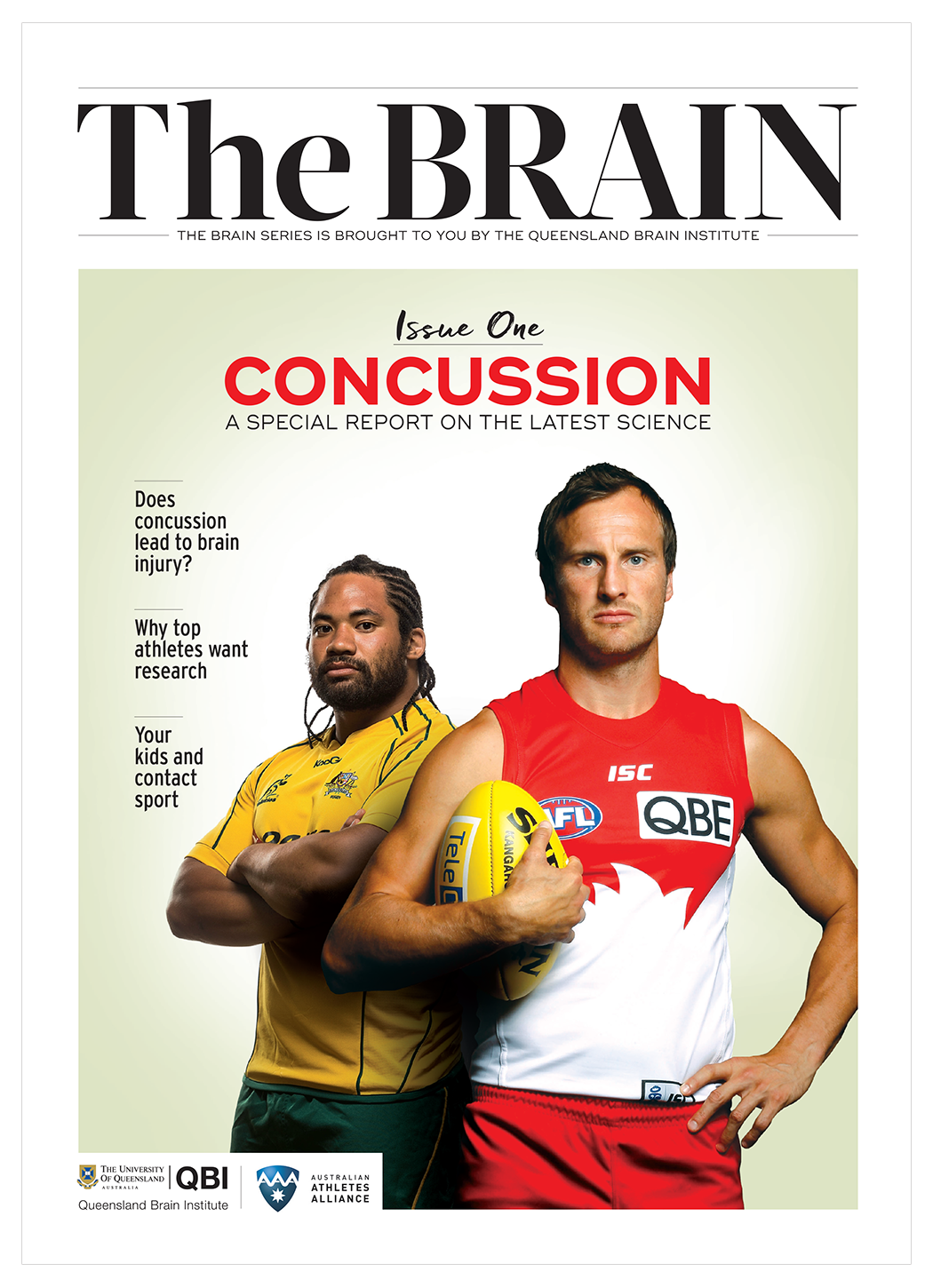How is concussion treated?

Treating concussion is still largely a dark-area because concussion varies so much between people, and currently there are no brain scans or tests to help doctors determine mild injury.
Typically, a person with concussion symptoms would see a field or team doctor (if a sportsperson) or a GP. For more serious symptoms or loss of consciousness, referral to a neurologist may be appropriate.
Currently, treatment involves taking preventative steps to minimise the damage and decrease the risk of further exacerbating the injury once a diagnosis is in place.
Doctors will usually prescribe rest (particularly from further physical activity) with consistent monitoring to assess whether symptoms have worsened or improved. A common symptom is migraine-type headaches, which may be treated with preventative drugs.
The length of the rest period depends upon the symptoms – each concussion and each person is different. Symptoms, such as headaches and dizziness, can be provoked by physical exercise or overstimulation from busy visual scenes, for example, says neurologist and concussion researcher Professor Mike O'Sullivan.
A typical recommendation is a gentle return to normal mental and physical activities following 24 hours without symptoms. This is usually a few days to a week, but can be longer, especially for children. "That’s usually part of the treatment, to not take part in sporting activity, and not take part in training that would exacerbate symptoms because that would set back the recovery," says Professor O'Sullivan.
The concern, though not well understood, is that the brain is more vulnerable to serious damage should another impact occur, while symptoms are present.
In a small percentage of people, symptoms can persist, sometimes for months (this is referred to sometimes as a ‘post-concussive syndrome’). A referral to a neurologist is often advisable in this situation and treatment would be given on a case-by-case basis.
Image credit: Getty

